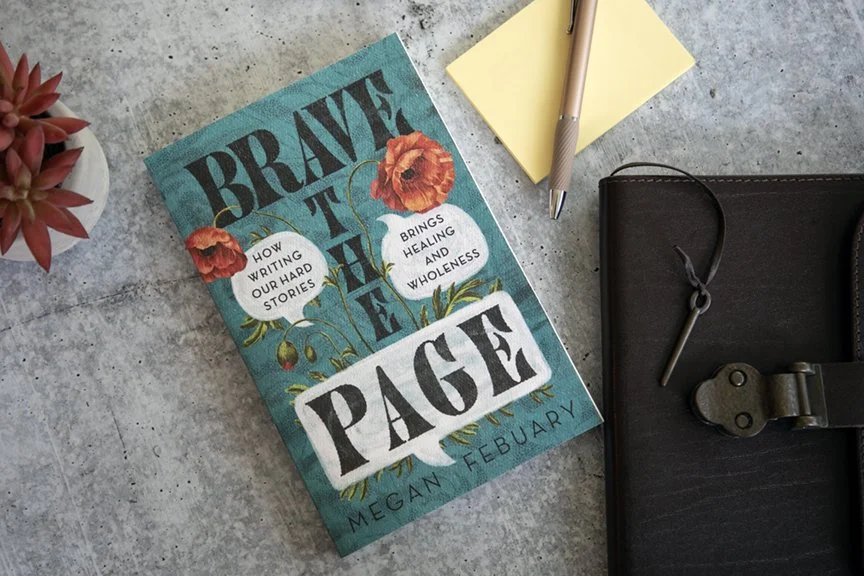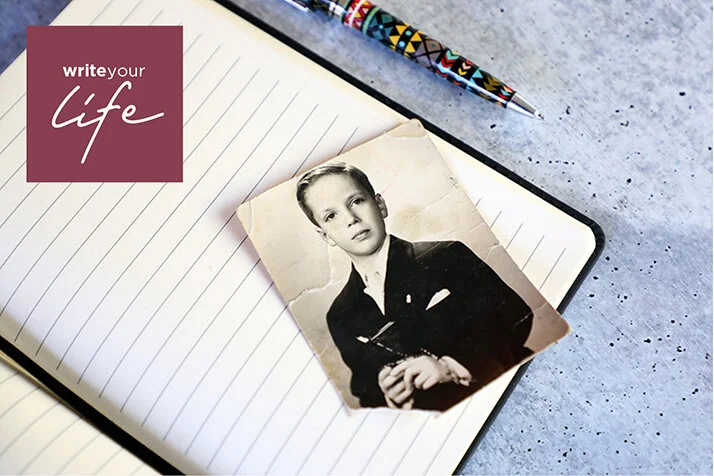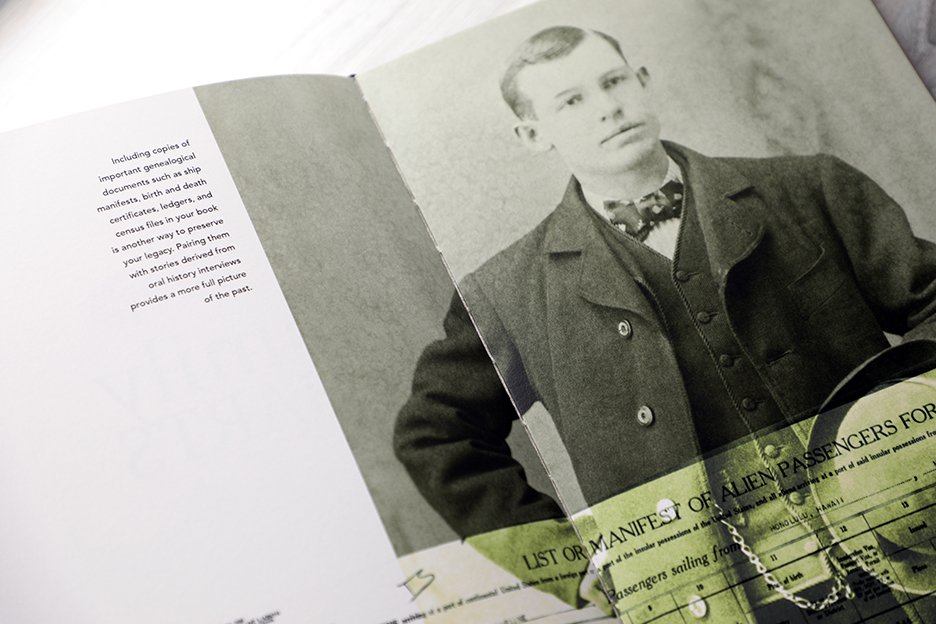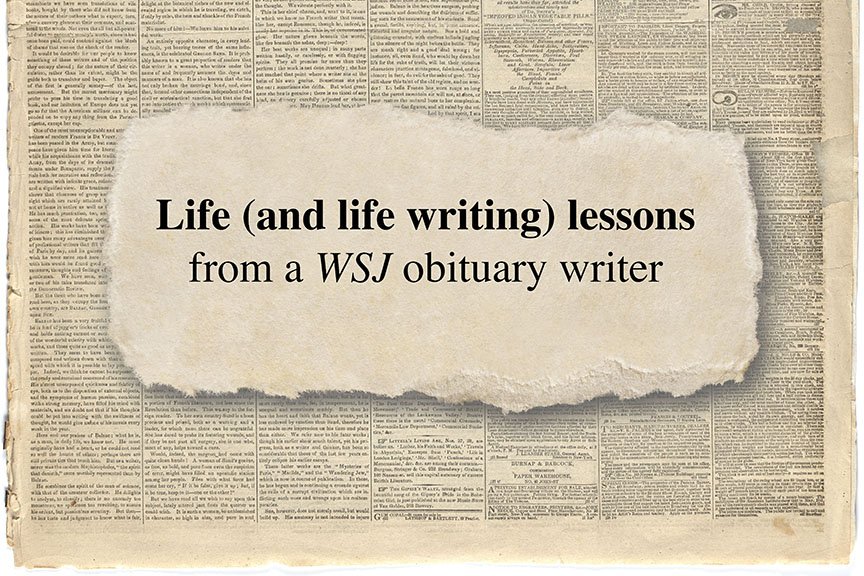I’m feeling stuck with my life story writing (can you relate?)

When our memoir writing feels overwhelming and writer’s block sets in, sometimes a project reset is in order.
I spend my days helping people write their memoirs and craft their life stories into meaningful heirloom books to pass on—and yet, when it comes to writing my own personal stories, I have been completely stuck.
For a while I thought it was burnout, not having the energy to focus on my own stories because I was “storied out” from everyone else’s. But that’s not it.
Sometimes I think it’s my perfectionism creeping in—it has a habit of hindering my progress when I feel that something isn’t living up to my overly high standards (even though, as a longtime editor, I am fully aware that first drafts are meant to be anything but perfect!). But it’s not this, either, for I have done too little to even assess my storytelling as imperfect.
Could it really be that I am feeling overwhelmed by the task before me? How could that be when I work regularly to calm overwhelm and set priorities for my clients every single day? How could that be when I’ve written so much about how to approach your life story writing that I could gather it all into a book (hey, why haven’t I done that yet, either?!)?
Well, here’s the reason I haven’t been making progress with my own personal narrative: Despite knowing the steps—and despite having taken the first few of them—somewhere along the way I neglect my plan. I ignore the life timeline I’ve thoughtfully written; I start jotting notes in an entirely new notebook (separate from my previous writings, many on the same topics); and I keep going back to square one, thinking my newer ideas are more urgent than those I have already begun executing. I am tripping over myself constantly.
A project reset: 3 steps to getting my (and your) life writing back on track
I spent much of this morning procrastinating in the form of…
cleaning out my email inbox
scrubbing every surface in my office…and kitchen, and bedroom…
driving into town to run two errands that could totally have waited!
This is a routine familiar to every professional writer I know, but I feel no less guilty for knowing this.
The oft-repeated advice for escaping this avoidance routine? SIT IN THE CHAIR AND WRITE. That’s it. Just sit. And write.
But, to circle back to the first part of this blog post: I don’t know what to write. And so…a full project reset is in order.
If you, too, are feeling overwhelmed in the middle of your life writing endeavor, try this: Go back to square one and organize (or, perhaps, reorganize) everything:
Compile all your writing.
Gather all of your writing into one pile. Include journals (even the ones with a mere two paragraphs of personal writing within their pages); loose papers (even the notes scribbled on the back of bill envelopes); and printouts of writing you’ve done on your computer. If you’ve created a life timeline, have this on hand, as well.
Sift through your stories.
Set aside a block of time—likely between one and two hours—to review what you’ve got. Take notes about recurring themes you encounter in your writing, and about new ideas that come to mind during your reading. Are there glaring omissions? Blocks of writing that feel more complete than the rest?
Plan with intention.
Make a plan for diving back in to your memoir project with intention. Designate ONE place for your writing to happen (a single document on your computer, perhaps, or a preferred notebook for handwritten musings). Decide on a major theme for your project, and file any writing that does not adhere to this theme in a folder marked “future writing.” And finally, set some reasonable goals for yourself: Will you write a little every day, or for a chunk of time every Saturday, perhaps? Do you aim to have your stories compiled into a book (if so, you may want to start gathering photos as you go). Are there holes in your storytelling that may need further research—a conversation with mom or a sibling, maybe, or a trip to the library? If so, sketch out a plan for moving forward with all those elements.
Sometimes our storytelling gets muddled. There’s so much we want to say, we’re scattered in our approach, we start and stop so often that we lose our place. It’s all okay. So I tell myself, and so I say to you! Hopefully, a reset is all we need. It’s what’s on my agenda for tomorrow, now that my home is squeaky clean and, fingers crossed, procrastination–proof…
Go beyond labels with this powerful memoir prompt: introduce yourself without name, job, or age. Includes writing tips and a free downloadable worksheet.
The three most common excuses I hear for not writing about your life “yet,” and how—and why—to overcome them. It’s not too soon for your memoir, I promise.
Discover how (and why) bending certain grammar rules in memoir and life story writing can enhance voice, rhythm, and authenticity in your storytelling.
Even the most seasoned writer sometimes feels hopeless when they sit down to write and nothing comes. Here, 7 helpful resources for budding memoirists.
Four steps to help you turn spoken stories into engaging written narratives—so once the family history interview is done, you can create a lasting legacy.
Brave the Page by trauma-informed writing coach Megan Febuary shares how to probe memories, write about your hard experiences, and find healing.
You start out with excitement and fervor—blank pages are feverishly filled with stories about your life. But what can you do when your memoir momentum wanes?
By holding as your goal the idea of ‘writing your memoir,’ you are focused too soon on the end goal. Instead, think about writing towards your memoir.
Are you nervous about undertaking a life story project? Working with a personal historian or memoir coach can help alleviate many of the most common fears.
Is there ever really a ‘right’ time to start writing your memoir? There’s not, in my opinion, but here are two questions to ask yourself to help you decide.
Writer’s block can happen to the best of us. This simple idea—keeping a notebook of self-generated writing prompts—will keep your memoir ideas flowing.
Looking for a meaningful gift for your parents? An annual subscription to our Write Your Life memory and writing prompts may be just the thing—or, maybe not.
Learn about our Write Your Life course, providing memory prompts, writing guidance and a dose of inspiration to anyone who wants to preserve their stories now.
Here’s one time I gave in to my client’s preferences that still haunts me: Why we did not identify people in any of the photos in their family history book.
While your memoir is telling your stories in your words, a family tree chart outlining your relationships has a real place in that book—here’s why.
The first draft of your life story is likely to include some stuff you decide to cut later—but should none of your challenges make it into your final book?
Good writing prompts will rid you of blank-page anxiety—and you can easily write your own! Here, 5 steps to drafting a library of personalized memoir prompts.
While a journal called “Memories from Mom” or “Grandma’s Life Story” may be brimming with good intentions, the fact is that most of them remain mostly blank.
While all five of these books add value to any memoirist or life writer’s library, I’ve identified which is best for you based on your goals and experience.
A love letter (or book!) overflowing with memories makes a thoughtful anniversary gift. Here, 14 writing prompts to help you honor—and surprise—your partner.
Wondering if 52 weeks of memory prompts will help YOU write about your life at last? Here, answers to the most commonly asked questions about Write Your Life.
Every week you’ll get themed prompts to stir your memories, tips to write your stories with ease, and more! A unique gift for your loved one (or yourself)!
Sometimes all it takes to get unstuck with your personal writing is paying attention. Here are some easy (fun) ways to come up with journal writing prompts.
Ready to edit your family history or life story book? Follow these three tips from a personal historian to ensure everything is clear for your descendants.
This new book by Ruta Sepetys, You: The Story, is a great tool for those who want to use their own life experiences to inform their fiction writing.
Have you ever thought about what will happen to your diaries—who will read them, how you may one day use them? Join me as I consider this profound question.
Photos that have no captions will leave readers of your heirloom book guessing. Make sure to write captions that either tell a story or provide vital details.
Smells (such as of Mom’s perfume or Grandpa’s grease-stained clothes) and sounds—especially music—can trigger long-buried memories helpful for writing memoir.
Why leave your legacy in the hands of someone else? Try your hand at writing your own obituary with these tips—it just may be the start of your mini memoir.





























Stay inspired with 52 weekly writing prompts for journaling and family history. Capture memories, dreams, and stories big and small. Bonus: Downloadable guide!